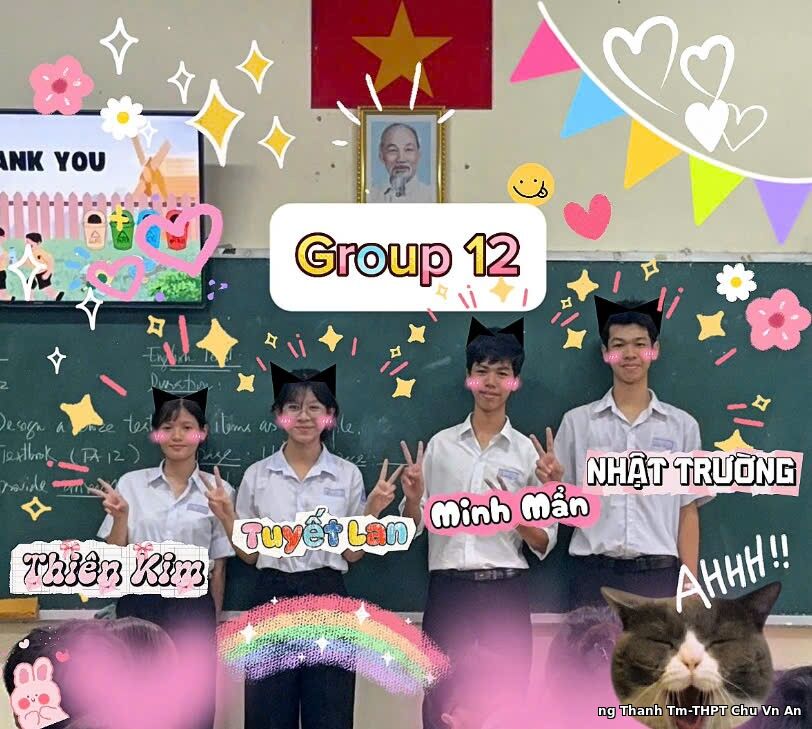| Main » CÁC HẠbook |  |
|
0
ASK:No pain, no gain
Answer: No pain, no gain
Possible interpretation: If we do not do hard work, and suffer some pain, we will achieve or gain nothing. Wordchecker more info pain (noun): hurt; very unpleasant physical feeling; mental suffering or distress gain (noun): increase in wealth; increase in resources; accomplishment; attainment http://www.englishclub.com/ref....950.htm |
|
0
ASK: He that wills the end wills the means.
Answer: If you are determined to do something you will find the way to do it.
Note: will (verb): desire or wish something to happen; try to make something happen through the power of thought | the end (noun): result, objective | means (noun): method, way http://www.englishclub.com/ref....962.htm |
|
0
ASK: The difference between WILL, BE GOING TO and the present continuous for future events
Answer: WILL and BE GOING TO for future intentions
Will (future simple) is used to express future intentions that are decided at the time of speaking (spontaneous offers, promises and decisions): Come on, I'll help you with those bags. (seeing that someone is struggling with their shopping bags) Be going to is used to express future intentions that have already been decided before the time of speaking: I can't make it on Saturday. I'm going to help my parents around the house. (referring to a decision that the speaker has made in the past) WILL and BE GOING TO for predictions Will (future simple) is used to make predictions that are based on personal judgement, opinion or intuition: I'm sure you'll have a lovely time in Italy. (opinion) Be going to is used to make predictions that are based on present evidence. The predicted event is either very near (and can be seen) or seems sure to happen: My sister's going to have a baby. (we can see that she is pregnant) BE GOING TO and present continuous for future plans Be going to refers to future intentions that have been decided but have not been fully planned: We're going to get married. (referring to a past decision) The present continuous tense refers to fixed future events and emphasises that plans or arrangements have already been made: We are getting married next month. (the wedding has already been arranged) http://www.englishexercises.org/makeagame/viewgame.asp?id=4291#a |
|
0
ASK: cut down (on something)
 Answer: to reduce the amount of something or of doing something; to use or buy less of something. You will have to cut down on the time it takes you to get ready in the morning. The doctor told him to cut down on his drinking.
|
|
0
ASK: drop in (on someone) and drop in (to say hello)
 Answer: drop in (on someone) and drop in (to say hello)
to pay someone a casual visit, perhaps a surprise visit. I hate to drop in on people when they aren't expecting me. You're welcome to drop in at any time. |

























